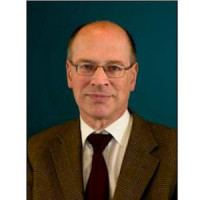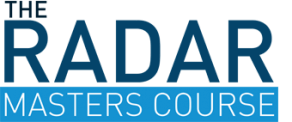
Prof Piet van Genderen received his Master of Science degree in electrical engineering from the University of Twente in Enschede, The Netherlands, in 1971. After graduation, he joined the National Aerospace Laboratory (NLR) in Amsterdam, The Netherlands, where he worked on radar and radar signal processing for air traffic control.
In 1979, he moved to the R&D department of Hollandse Signaalapparaten BV in Hengelo, The Netherlands, now Thales Nederland, where he held several positions as Group Expert Radar Systems.
In 1994, he was appointed full professor at the International Research Centre for Telecommunications and Radar of the Delft University of Technology in The Netherlands. He has (co-)authored over 200 publications, seven patents and a few books. He now is an emeritus professor.
Prof van Genderen received the Radar Prize of the European Microwave Week three times as author/co-author. He has received the prize for the most innovative and effective patent of the Thales group in 2000, and received an honorary doctorate at the Military Technical Academy of Romania.
He has been the general chairman of the European Microwave Week in 2004, and the chairman of the European Microwave Conference during this event. He has been chair or member of the technical program committees of many international conferences dedicated to radar.

